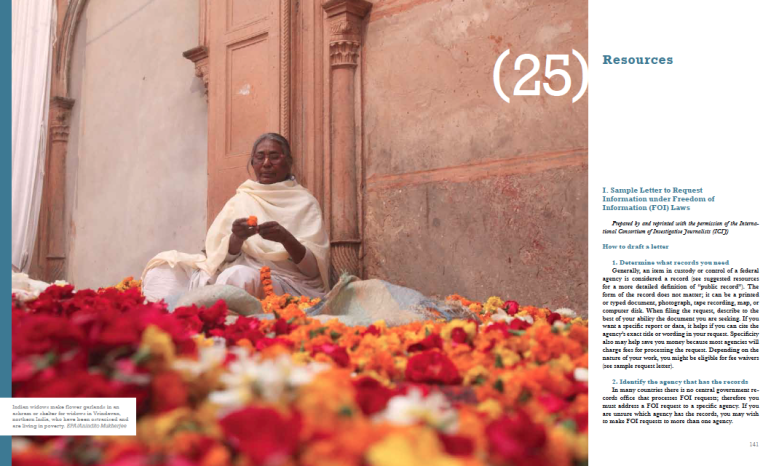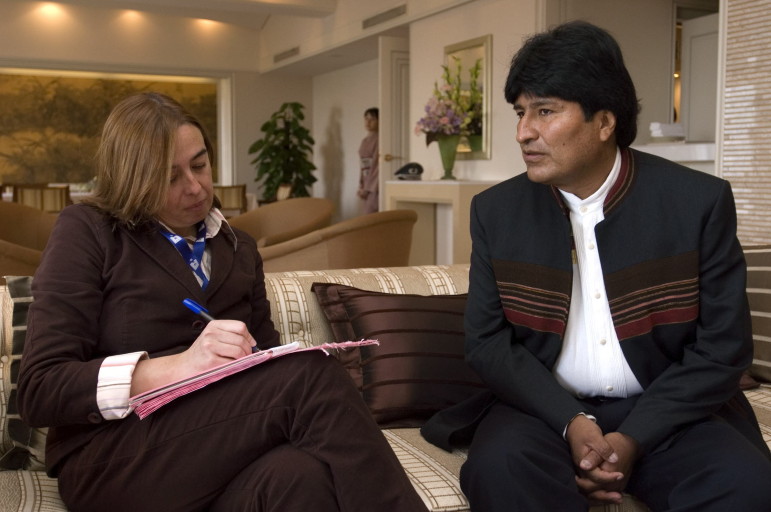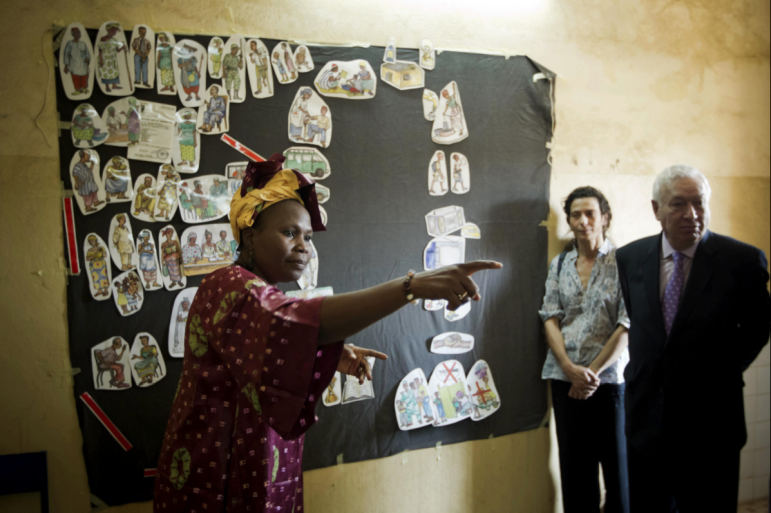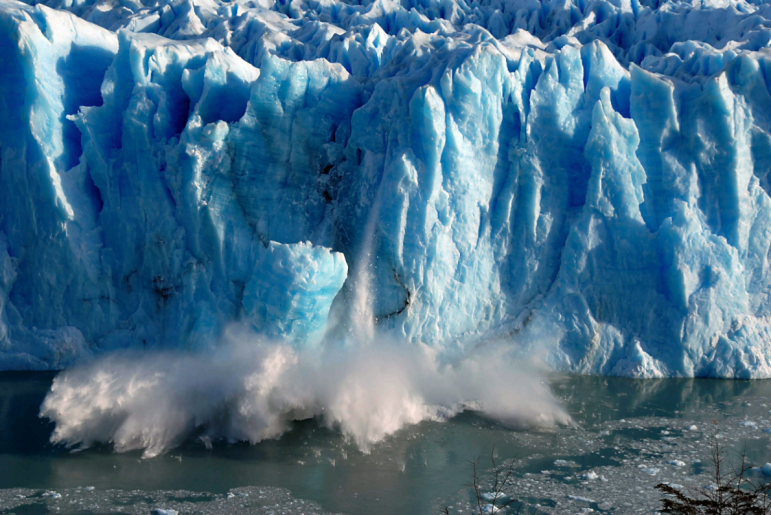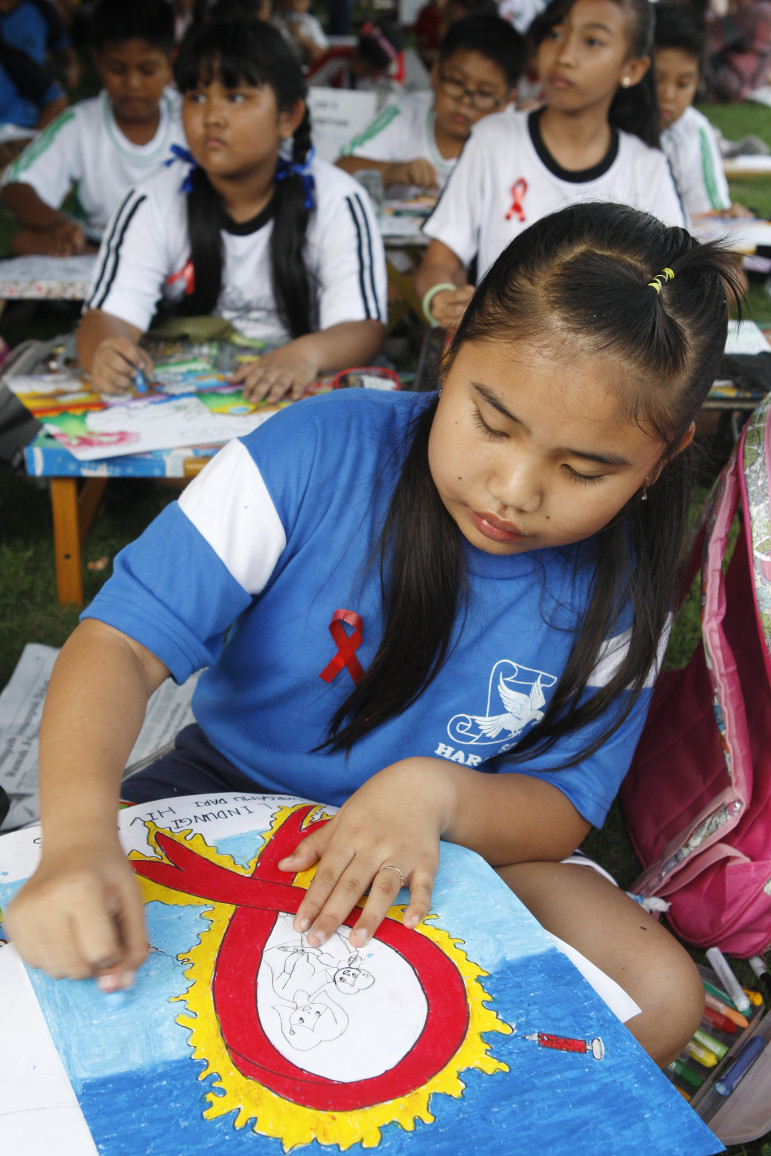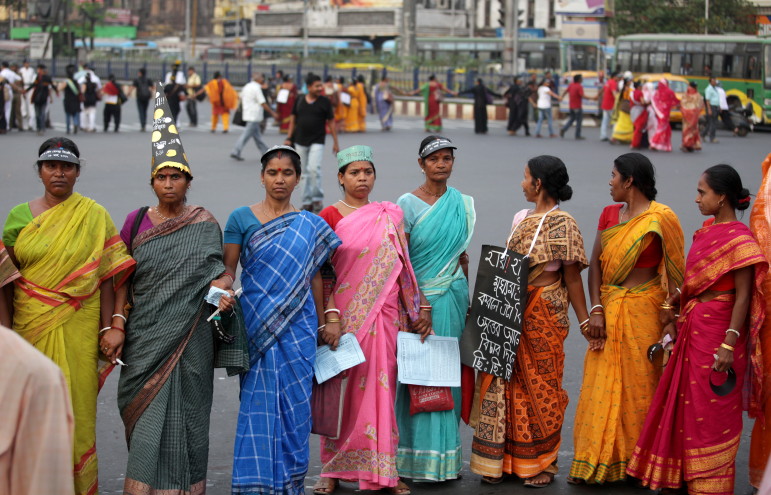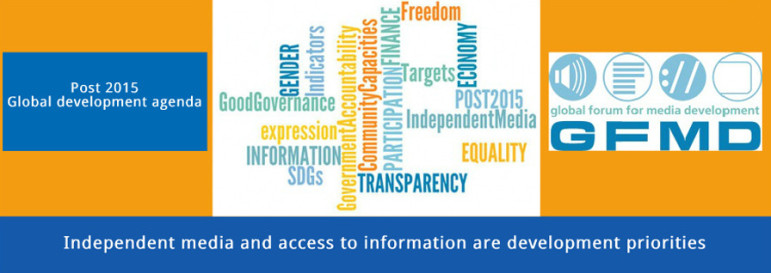
GIJN Joins Global Forum for Media Development as UN Debate Stirs
The Global Investigative Journalism Network has joined the Global Forum for Media Development, a membership network of more than 200 media assistance organizations active in 80 countries. The Brussels-based GFMD works to make independent media development an integral part of international development strategies, much as education and health care are today.

